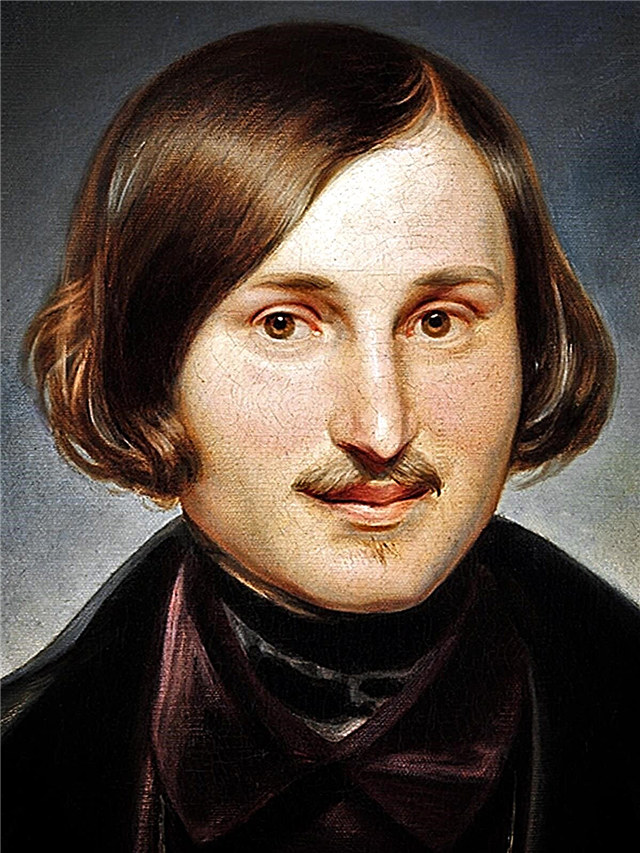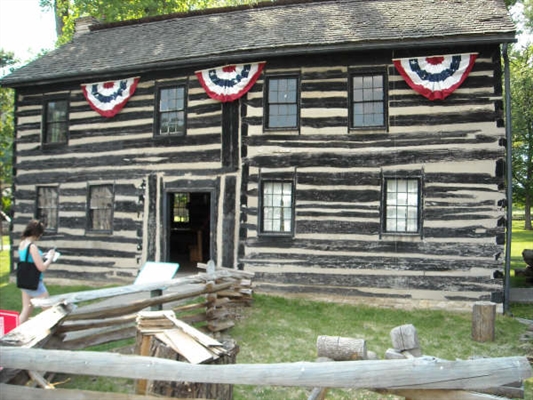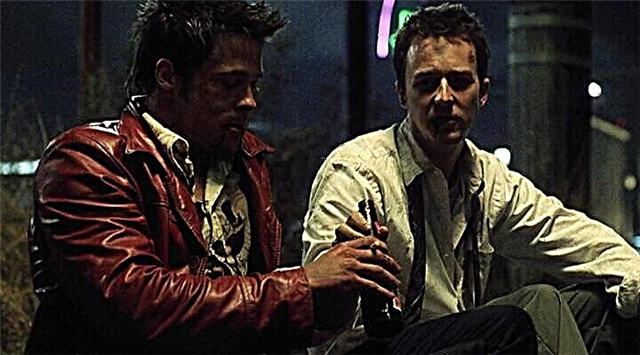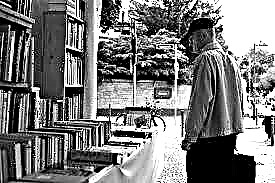In the hands of a future translator and publisher, Notes of Father Adson from Melk fall into Prague in 1968. On the title page of a French book from the middle of the last century it says that it is an arrangement from the Latin text of the 17th century, supposedly reproducing, in turn, the manuscript created by a German monk at the end of the fourteenth century. Investigations undertaken against the author of the French translation, the Latin original, as well as the personality of Adson himself do not bring results. Subsequently, the strange book (possibly a fake, existing in a single copy) disappears from the publisher’s field of vision, adding one more link to the unreliable chain of paraphrases of this medieval story.
In his late years, the Benedictine monk Adson recalls events that he had witnessed and participated in in 1327. Political and church divisions shocked Europe. Emperor Louis confronts Pope John XXII. At the same time, the pope is fighting the monastic order of the Franciscans, in which the reformist movement of non-possessors-spiritualists, who had been severely persecuted by the papal curia, prevailed. Franciscans unite with the emperor and become a significant force in the political game.
In this confusion, Adson, then still a novice youth, accompanies the English Franciscan Wilhelm of Baskerville on a journey through the cities and largest monasteries of Italy. Wilhelm - a thinker and theologian, a test of nature, famous for his powerful analytical mind, a friend of William Ockham and a student of Roger Bacon - fulfills the task of the emperor to prepare and conduct a preliminary meeting between the imperial delegation of the Franciscans and representatives of the curia. Wilhelm and Adson arrive at the abbey where it is to be held a few days before the embassies arrive. The meeting should take the form of a dispute about the poverty of Christ and the church; its purpose is to find out the positions of the parties and the possibility of a future visit by the Franciscan general to the papal throne in Avignon.
Before entering the monastery, Wilhelm surprises the monks who went in search of a runaway horse with accurate deductive inferences. And the abbot abbot immediately turned to him with a request to conduct an investigation about the strange death that happened in the monastery. The body of the young monk Adelm was found at the bottom of the cliff, perhaps he was thrown out of the tower overhanging the abyss of a tall building called here Khramina. The abbot hints that he knows the true circumstances of the death of Adelme, but he is bound by a secret confession, and therefore the truth should come from other, unsealed lips.
Wilhelm receives permission to interrogate all monks without exception and to examine any premises of the monastery except the famous monastery library. The largest in the Christian world, able to compare with the semi-legendary libraries of infidels, it is located on the top floor of the Temple; only the librarian and his assistant have access to it, only they know the plan of the storage, built as a labyrinth, and the system for arranging books on shelves. Other monks: copyists, categories, translators, flocking here from all over Europe, work with books in the room for transcribing - a scriptorium. The librarian single-handedly decides when and how to provide the book to the one who claimed it, and whether to provide it at all, because there are many pagan and heretical works. In the scriptorium, Wilhelm and Adson get acquainted with the librarian Malachi, his assistant Berengar, a Greek translator, Aristotle's adherent Venantius, and the young rhetorician Benzius. The late Adelme, a skilled draftsman, adorned manuscript fields with fantastic miniatures. As soon as the monks laugh, looking at them, a blind brother Jorge appears in the scriptorium with a rebuke that laughter and idle talk are indecent in the monastery. This husband, glorious for years, righteousness and scholarship, lives with the sensation of the onset of recent times and in anticipation of the imminent appearance of the Antichrist. Inspecting the abbey, Wilhelm concludes that Adelm was most likely not killed, but committed suicide by rushing down from the monastery wall, and the body was subsequently landslide under the Temple.
But on the same night, a corpse of Venantius was discovered in a barrel of fresh blood from slaughtered pigs. Wilhelm, studying the tracks, determines that they killed a monk somewhere else, most likely in Khramin, and threw him into the barrel already dead. But on the body, meanwhile, there are no wounds, nor any injuries or traces of the struggle.
Noticing that Bentycius was more excited than others, and Berengar was frankly scared, Wilhelm immediately interrogated both of them. Berengar admits that he saw Adelme on the night of his death: the face of the draftsman was like the face of a dead man, and Adelme said that he was cursed and doomed to eternal torment, which he described to the shocked companion very convincingly. Bentius also reports that two days before Adelm’s death, a dispute arose in the scriptory about the admissibility of the ridiculous in the depiction of the divine and that holy truths are better represented in gross bodies than in noble ones. In the heat of the argument, Berengar inadvertently let loose, though very vaguely, about something carefully hidden in the library. The mention of this was connected with the word "Africa", and in the catalog, among the signs that only a librarian could understand, Benzius saw the visa "the limit of Africa", but when he became interested, he asked for a book with this visa, Malachi said that all these books were lost. Bentsiy also talks about what he witnessed, following Berengar after a dispute. Wilhelm receives confirmation of Adelm’s version of suicide: apparently, in exchange for some service that could be related to Berengar’s ability as an assistant librarian, the latter persuaded the draftsman to the Sodom sin, the severity of which Adelm could not bear and hastened to confess to the blind Jorge, but instead received a formidable promise of imminent and terrible punishment. The consciousness of the local monks is too excited, on the one hand, by the painful desire for book knowledge, on the other - the constantly terrifying memory of the devil and hell, and this often makes them see with their own eyes something that they read or hear. Adelme considers himself already in hell and in desperation decides to settle accounts with life.
Wilhelm is trying to examine manuscripts and books on the table Venantia in the scriptorium. But first, Jorge, then Benzius, under various pretexts, distract him. Wilhelm asks Malachi to put someone at the table on guard, and at night, along with Adson, returns here through the discovered underground passage, which the librarian uses after he locks the doors of the Temple from the inside in the evening. Among Venantian papers, they find parchment with obscure extracts and secret signs, but there is no book on the table that Wilhelm saw here in the afternoon. Someone carelessly sounds his presence in the scriptorium. Wilhelm rushes in pursuit and suddenly a book falls from the fugitive into the light of a lantern, but the unknown manages to grab it before Wilhelm and hide.
At night, the library is stronger than castles and bans guards fear. Many monks believe that in the dark among the books terrible creatures and souls of dead librarians roam. Wilhelm is skeptical of such superstitions and does not miss the opportunity to study the repository, where Adson experiences the effects of curving mirrors and an illumination impregnated with a visually imposing composition. The labyrinth turns out to be more complicated than Wilhelm expected, and only thanks to chance they manage to find a way out. From the alarmed abbot, they learn about the disappearance of Berengar.
A dead librarian's assistant is found only a day later in a bathhouse located next to the monastery hospital. The herbalist and doctor Severin draws Wilhelm's attention to the fact that there are traces of some substance on the fingers of Berengar. The herbalist says he saw the same with Venantius when the body was washed from the blood. In addition, Berengar’s tongue turned black - obviously, the monk was poisoned before drowning in water. Severin says that once upon a time he held an extremely poisonous potion, the properties of which he himself did not know, and then it disappeared under strange circumstances. Malachi, the Abbot and Berengar knew about the poison. In the meantime, embassies come to the monastery. Inquisitor Bernard Guy arrives with the papal delegation. Wilhelm does not hide his hostility to him personally and his methods. Bernard announces that from now on he will investigate incidents in the cloister, from which, in his opinion, he smelled strongly of devilry.
Wilhelm and Adson again enter the library to plan the labyrinth. It turns out that the storage rooms are marked with letters, from which, if you go in a certain order, conditional words and country names are made up. The “limit of Africa” was also discovered - a masked and tightly closed room, but they did not find a way to enter it. Bernard Guy detained and accused of witchcraft assistant physician and village girl, which he leads at night to indulge the lust of his patron for the remnants of the monastery's meals; On the eve, Adson met her and could not resist the temptation. Now the fate of the girl is solved - as a witch she will go to the stake.
A fraternal discussion between the Franciscans and the representatives of the pope turns into a vulgar brawl, during which Severin informs Wilhelm who remained aloof from the battle that he found a strange book in his laboratory. Blind Jorge hears their conversation, but Bentsius also guesses that Severin discovered something left of Berengar. The dispute that resumed after a general pacification was interrupted by the news that the herbalist was found dead in the hospital and the killer had already been captured.
The skull of a herbalist was broken by a metal sky globe standing on a laboratory table. Wilhelm is looking on Severin’s fingers for traces of the same substance as Berengar and Venantius, but herbalist’s hands are covered with leather gloves used in working with dangerous drugs. At the crime scene, Kelar Remigius was caught, who in vain tries to justify himself and claims that he came to the hospital when Severin was already dead. Bentsiy tells William that he ran in here one of the first, then he followed the incoming people and was sure: Malachi was already here, he was waiting in a niche behind the canopy, and then quietly mixed with other monks. Wilhelm is convinced that no one could take the big book out of here secretly and, if the killer is Malachi, she should still be in the laboratory. Wilhelm and Adson are mistaken for the search, but lose sight of the fact that sometimes the ancient manuscripts were interwoven in several volumes. As a result, the book goes unnoticed by them among the others that belonged to Severin, and falls into the more cunning Bentz.
Bernard Guy conducts trial of the cellar and, having convicted him of belonging once to one of the heretical movements, forces him to accept the blame for the murders in the abbey. The inquisitor is not interested in who actually killed the monks, but he seeks to prove that the former heretic, now declared a murderer, shared the views of the Franciscan spiritualists. This allows you to disrupt the meeting, which, apparently, was the purpose for which he was sent here by the pope.
To the demand of William to give the book, Bentziy replies that, even without starting to read, he returned it to Malachi, from whom he received an offer to take the vacant seat of an assistant librarian. A few hours later, during a church service, Malachi dies in convulsions, his tongue is black and his fingers are already familiar to Wilhelm.
The Abbot announces to William that the Franciscan did not live up to his expectations and the next morning he and Adson must leave the monastery. Wilhelm objects that he knows for a long time about the monk hoaxes, between whom the abbot considered the cause of crimes. However, this is not the true reason: those who know about the existence of the “African border” in the library are dying. The abbot cannot conceal that the words of William led him to some kind of conjecture, but all the more insistently insists on the departure of the Englishman; Now he intends to take matters into his own hands and under his own responsibility.
But William is not going to retreat, for he came close to the solution. At a random prompt, Adson manages to read the key in the cryptography of Venantius, which reveals the "limit of Africa." On the sixth night of their stay in the abbey, they enter the secret room of the library. Blind Jorge is waiting for them inside.
William intended to meet him here. The monks' omissions, entries in the library catalog and some facts allowed him to find out that Jorge was once a librarian, and when he felt that he was going blind, he first taught his first successor, then Malachi. Neither one nor the other could work without his help and did not take a step without asking him. The abbot was also dependent on him, because he got his place with his help. Forty years a blind man is the sovereign master of the monastery. And he believed that some of the library’s manuscripts should remain hidden from anyone’s eyes forever. When, due to the fault of Berengar, one of them - perhaps the most important - left these walls, Jorge made every effort to bring her back. This book is the second part of Aristotle's Poetics, considered lost and dedicated to laughter and ridiculous in art, rhetoric, in the skill of persuasion. In order to keep her existence a secret, Jorge doesn’t hesitate to commit a crime, for he is convinced that if laughter is sanctified by the authority of Aristotle, the entire established medieval hierarchy of values will collapse, and the culture fostered in monasteries remote from the world, the culture of the elect and consecrated, will be swept away by city, grassroots, areal.
Jorge admits that he understood from the very beginning: sooner or later, William would discover the truth, and watched as the Englishman approached it step by step. He hands William a book, for the desire to see which five people have already paid with their lives, and offers to read. But the Franciscan says that he unraveled this devilish trick of him, and restores the course of events. Many years ago, when someone in the scriptorium showed interest in the “African frontier”, the sighted Jorge kidnaps poison from Severin, but he does not immediately let him into business. But when Berengar, out of a boast before Adelme, once behaved unrestrainedly, the already blinded old man rises up and soaks up the pages of the book with poison. Adelme, who agreed to shameful sin in order to touch the secret, did not use the information obtained at such a price, but, embraced by mortal horror after confession with Jorge, tells Venice about everything. Venantius gets to the book, but in order to separate the soft parchment sheets, he has to moisten his fingers on his tongue. He dies before he can leave the Temple. Berengar finds the body and, frightened that the investigation would inevitably reveal the former between him and Adelm, transferring the corpse to a barrel of blood. However, he, too, became interested in the book, which he snatched from the hands of William in the scriptorium. He brings her to the hospital, where at night he can read without fear that he will be noticed by someone. And when the poison begins to act, it rushes into the pool in the vain hope that the water will take away the flame, devouring it from the inside. So the book goes to Severin.The messenger sent to Jorge Malachi kills the herbalist, but he dies himself, wanting to find out what is forbidden in the item, because of which he was made a murderer. The last in this row is the abbot. After a conversation with William, he demanded an explanation from Jorge, moreover: he demanded to open the "border of Africa" and put an end to the secrecy established in the library by the blind man and his predecessors. Now he is choking in a stone bag of another underground passage to the library, where Jorge locked it, and then broke the door control mechanisms.
“So the dead died in vain,” says Wilhelm: now the book has been found, but he managed to protect himself from the poison of Jorge. But in fulfillment of his plan, the elder is ready to accept death himself. Jorge tears the book and eats the poisoned pages, and when Wilhelm tries to stop it, he runs, unerringly guided from the memory of the library. The lamp in the hands of the pursuers still gives them some advantage. However, the overtaken blind manages to take away the lamp and throw it aside. From the spilled oil, a fire begins; Wilhelm and Adson rush for water, but return too late. The efforts of the whole fraternity, raised by alarm, do not lead to anything; fire breaks out and spreads from the Temple first to the church, then to the rest of the buildings.
In front of Adson's eyes, the richest monastery turns into ashes. The abbey burns for three days. By the end of the third day, the monks, having collected little that could be saved, leave the smoking ruins as a place cursed by God.



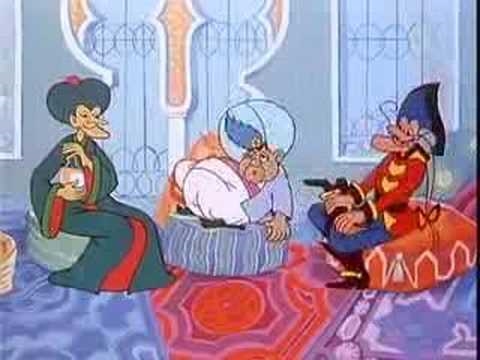
 Wow! Projects
Wow! Projects
